Genealogy of Morals
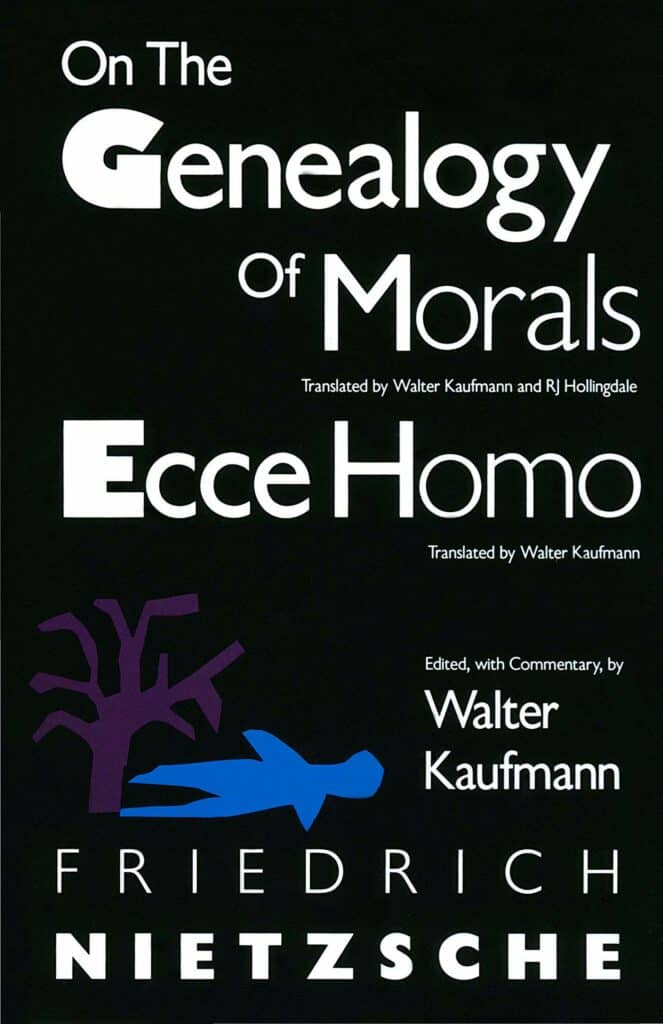
Nietzsche remains one of the most influential and destabilizing figures of modern philosophy. His works continue to artfully wound readers in ways which may heal beautifully. Nietzsche’s investigation of “resentment” and “slave” morality challenge readers to reconsider the value of contemporary pieties and the ultimate aim and origins of their own moral perspectives, which overflowing love may transform.
Nicomachean Ethics

This text is transformative because of the absolutely direct way it takes up the essential question of what it is to live a good life. Aristotle’s definition of happiness is challenging to the modern reader on many fronts, and whether or not one ultimately agrees with him, his arguments will compel students to articulate, refine, and perhaps profoundly rethink, their own positions. Although the highest form of happiness is determined to be that arising from contemplation, students of less contemplative natures can also find themselves in the text as Aristotle looks closely at many different types of human excellence, including for example the compelling portrait of the “high-minded” (often translated as “great-souled”) person, described in book four. This person is much concerned with honor and dishonor, recognizes their own greatness, assesses it accurately, and makes claims that “correspond to his deserts.”(1123b 15)
Fear and Trembling

Many students will be at least passingly familiar with the Biblical story at the heart of Fear and Trembling, and for those who aren’t, the passage in Genesis is short enough easily to be presented or even read aloud in the classroom. Part of the impact of Kierkegaard’s work comes from the fact that although the story is not new, most readers avoid allowing themselves fully to consider the horror of what God has demanded and to contemplate the questions raised – specifically questions about faith. What does it mean to have faith in a God that would make such a terrible and incomprehensible demand? The text prods students to dwell with this question in many different forms, through the story of Abraham and a variety of other interesting characters such as “The Knight of Infinite Resignation” and “The Knight of Faith.” What IS faith? Is it admirable, or even possible? What is the relationship between faith and reason? Between faith and ethics? Between faith and love? If I am to be a person of faith, what should be my relationship to the finite – to other people, and to this world? These are questions with which many students are likely to have wrestled at some point in their lives.
Kreutzer Sonata
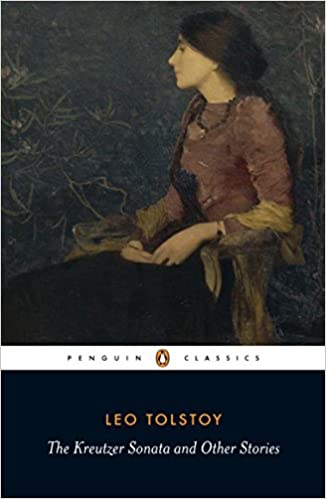
The Kreutzer Sonata raises important questions about the duality of human being as animal, governed by instinct and impulse, and spiritual, shaped by mutable law and tradition. Pozdnyshev’s story prompts readers to investigate this shared territory for the grounds of their own romantic relationships and provides a vivid physiological portrait of jealous rage. Tolstoy’s work highlights an often overlooked dimension of Beauty, its frightening capacity to inspire violence and self-delusion. While others exult the transformative power of love, music and culture in transfiguring human life, Tolstoy indicates that each may facilitate a transformation to a condition beneath the bestial. Pozdnyshev’s indictment of gender roles, sexual mores and so-called “high society” retains its power when applied to contemporary circumstances. While readers today will note great differences in our social relations, this text will implore them to ask which ones constitute an improvement, to what extent and at what expense.
The Poetry of John Donne
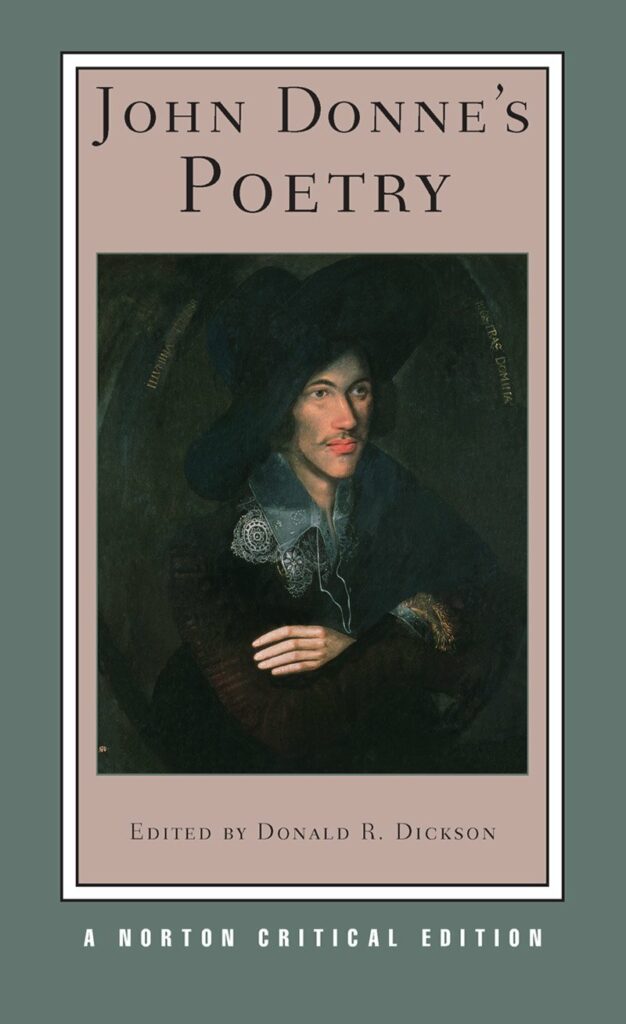
Community college students find Donne’s poetry both arcane and modern, both puzzling and satisfying. Complex human scenarios are described with language that is at turns colloquial or learned. Ideas are often constructed in extended metaphors called “conceits.” When these extended metaphors use obscurely technical imagery or make surprising, unexpected comparisons, they are called “metaphysical conceits.” Donne’s poetry invites students to inhabit the speaker’s mind, to follow his thoughts through the complexities of language and emotion in his investigations of love, society, and religion. The sample poems included are among Donne’s most accessible and exciting. As a result, they easily lend themselves to class discussion and written response.
Epic of Gilgamesh
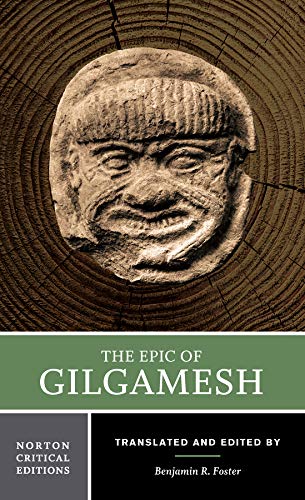
The Epic of Gilgamesh is one of the oldest pieces of literature, and the character Gilgamesh is the first epic hero. The poem is full of exciting adventures, as the demi-god Gilgamesh (sometimes with Enkidu) defeats monsters and other-worldly creatures, but it is also a profound meditation on the meaning of being human; human achievement and limitations; power and violence; civilization (and its responsibilities) and savagery; travel and homecoming; youth and age; suffering and maturity; knowledge, wisdom and understanding; the fear of death and appeal of eternal life; the duties of a good leader; as well as friendship, fame, culture, sexuality, and love. Although the gods are present in the action, the story less a myth about the actions of the gods or a religious poem than it is about human behavior and the achievement of understanding and wisdom.
Neruda, Poems
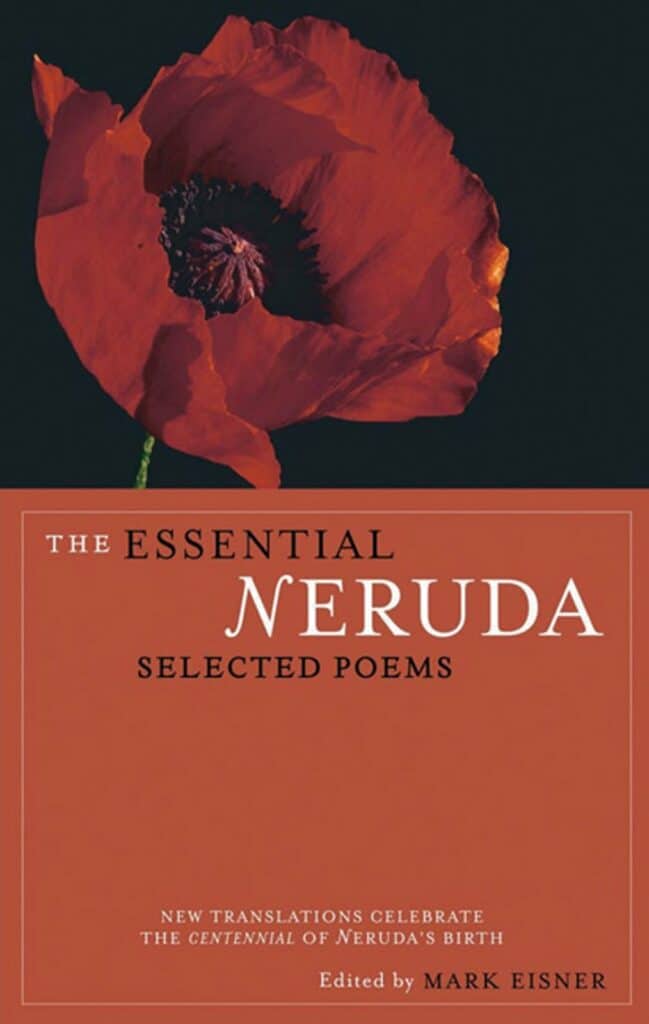
Pablo Neruda’s poetry is rich and varied, ranging from the romantic and lonely to the political to direct and humorous. His works seek to examine important issues love to the oppression that he witnessed in his native Chile. Moreover, Neruda’s poetry also sought to examine philosophical issues that focused on humanity. Despite the variety of poetic topics Neruda covered, his poetry has a unity of style that ties his diverse works together.
The Story of an African Farm
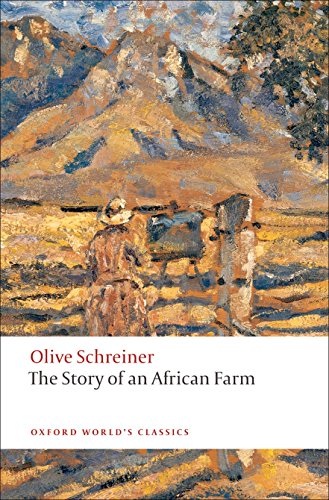
Students are likely to be both surprised and intrigued by the modernity of ideas and situations in the novel. If they are familiar with Victorian literature or culture or have some sense of it, the nature of the sexual relationships, Lyndall’s feminism, the complicated race relations, and one character’s decision to live as a different gender for a period of time, will likely challenge what they think they know about the period, not to mention any impressions they may have about rural South African culture (if any). The book raises questions about gender, sexuality, responsibility, child rearing and abuse, spirituality, the nature of work/labor, and tension between the natural world and man-made world. Long passages of interior thoughts, particularly those of Waldo and Lydall, provide ample philosophical meat on which students may chew. This is a novel that has the ability to transform through testing students’ assumptions and beliefs. Much of what it discusses feels as important in our current place and moment as Schreiner felt it was in hers.
To the Lighthouse
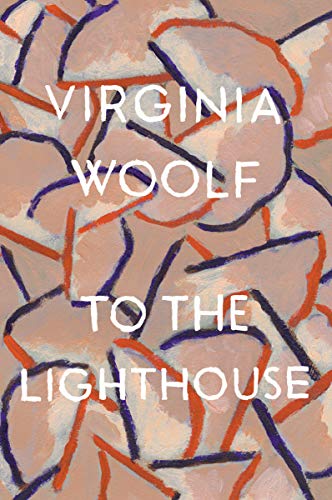
Students may feel challenged by To the Lighthouse, as it is less of a story, and more an experience in witnessing the interior thoughts and feelings of a group of characters set against the same backdrop. Each character brings not only their own focus, but their own set of preoccupations: Mrs. Ramsey wants to provide certain experiences to her family members and guests, Mr. Ramsey wants to feel challenged and successful intellectually, Lily wants to be able to capture her perception in her art. Young James wants to feel loved and protected by his mother and to go to the lighthouse. The structure of the novel allows Woolf to explore ideas such as aesthetics and creativity, intellectual ambition, romantic love and other relationships, gender, and loss. The novel allows readers to think about thinking—how we do it, how we do it differently from one another, and how frustrating it can be, which could lead to productive discussions about metacognition.
Symposium

The Symposium consists of a series of speeches about love given by Socrates and his friends during a drinking party at the house of Agathon. Having overindulged the night before in celebration of Agathon’s award winning play, the group agrees to pace themselves tonight by means of their speeches to the god of love. Phaedrus starts things off, followed by Pausanias and Euryximachus. Next, Aristophanes delivers his unforgettable origin myth, explaining our unconquerable urge to unite with our one true love as a literal seeking out of our other half. After Agathon delivers a beautiful but sophistical speech praising love, the dialogue culminates with Socrates telling the group about what he learned from Diotima, the woman who trained him in the erotic arts. According to this teaching, love is a desire for the good eternally, and it achieves this through giving birth, both physically and spiritually.

